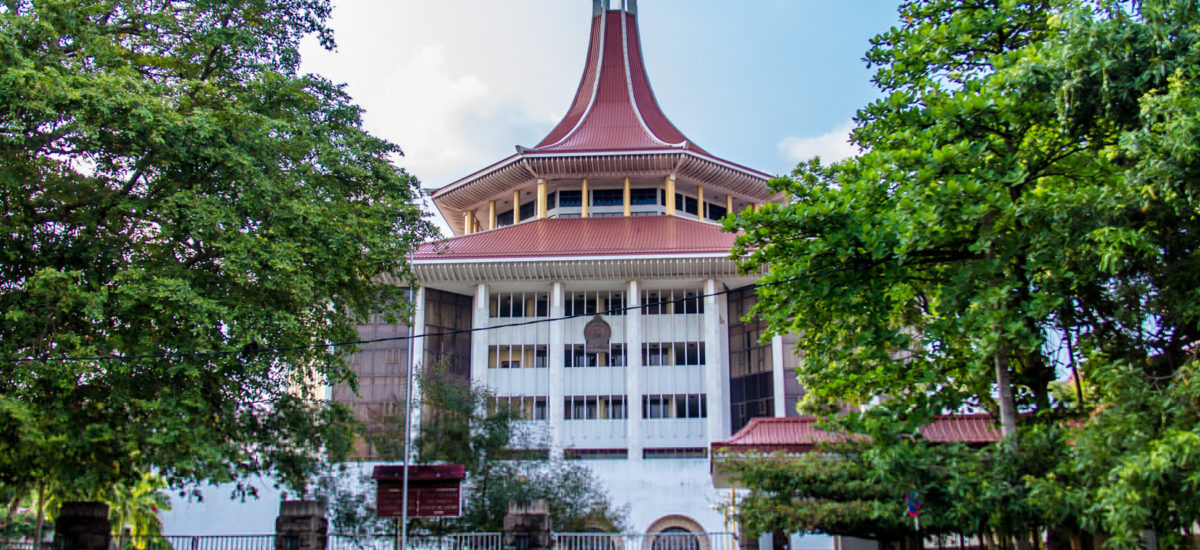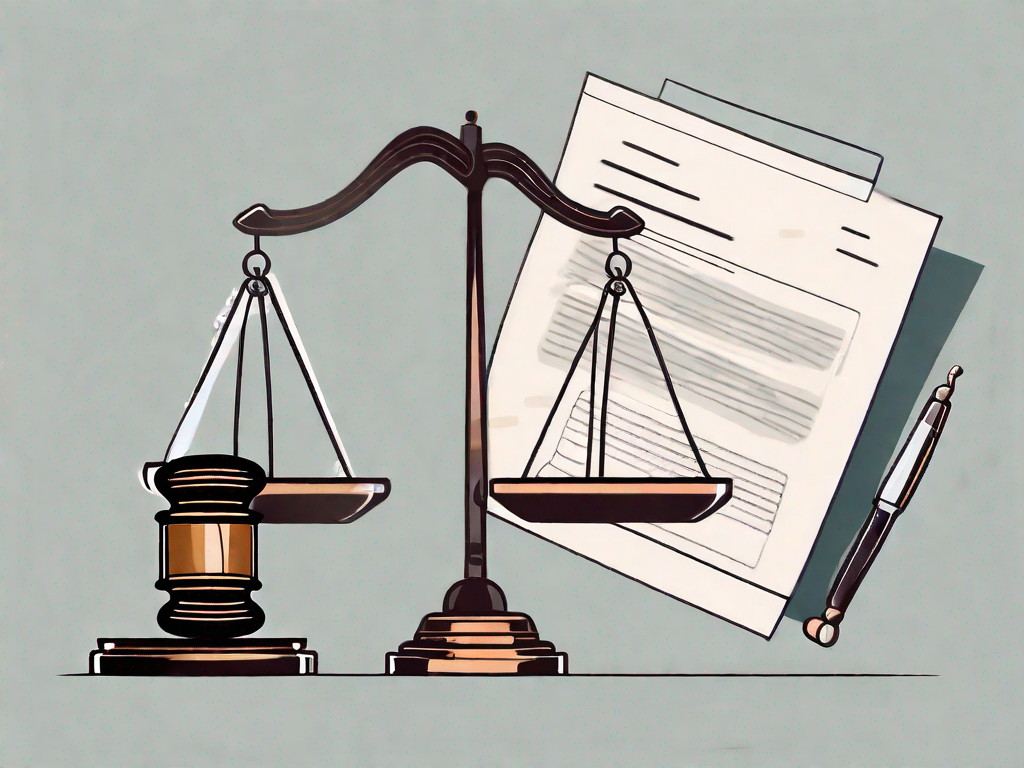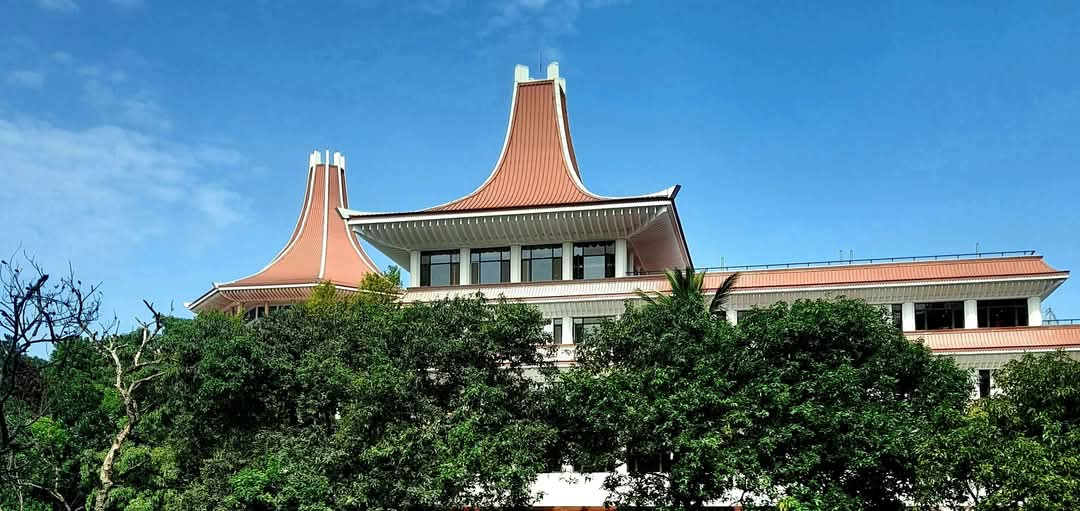If legal tests are met: Multiple amendments after 1st trial date are permissible
Multiple amendments after 1st trial date are permissible

In a significant ruling, the Supreme Court has permitted a husband to amend his divorce pleadings to introduce an adultery allegation against his wife, overturning decisions by both the District Court of Avissawella and the Civil Appellate High Court of Avissawella that had previously denied the amendment.
This ruling is significant as it clarifies the application of Section 93(2) of the CPC, emphasizing the need for flexibility in allowing amendments to pleadings in divorce cases, particularly when they concern serious allegations that could significantly affect the outcome of the case.
The husband claimed that he became aware of the wife’s alleged adulterous relationship in November 2013, despite the relationship existing when she left the matrimonial home in October 2010. He filed a motion on January 29, 2014, to amend his Answer, introducing this new cause of action and adding the alleged third party as a co-respondent. The lower courts had rejected this amendment, but the Supreme Court overturned those decisions, stating that the source of the information could be verified during the trial. The Court concluded that allowing the amendment would not prejudice the wife, and that the Defendant’s new claim should be heard, as it could fail if found unsubstantiated in court.
The dispute began following the marriage of the couple on May 10, 2010. The relationship quickly deteriorated, with the wife leaving the matrimonial home on November 10, 2010. She filed for divorce on June 6, 2011, accusing her husband of constructive malicious desertion. The husband responded on October 31, 2011, seeking a divorce on the grounds of her malicious desertion.
The case was first scheduled for trial on October 19, 2012. After this date, the husband successfully made a minor amendment to his Answer, which did not face opposition. However, on January 29, 2014, the husband sought a more significant amendment—introducing a new allegation of adultery against his wife and naming another man as a co-respondent in the divorce proceedings. This proposed amendment was rejected by the District Court, and the decision was later upheld by the Civil Appellate High Court.
The legal question before the courts was whether the husband could amend his Answer after the trial date had been set, as governed by Section 93(2) of the Civil Procedure Code (CPC). This section permits amendments to pleadings after the trial has commenced only if the court is satisfied that not allowing the amendment would result in “grave and irremediable injustice” and that the party seeking the amendment has not been guilty of undue delay (laches).
Both lower courts denied the husband’s application to amend, citing several reasons: the husband had not disclosed the source of the adultery allegation, he was guilty of laches, the amendment would broaden the scope of the case, and the claim against the co-respondent was barred by prescription.
The Supreme Court, however, took a different view. It found that the lower courts had erred in strictly applying the rules governing amendments. The Supreme Court noted that while the Defendant’s amendment was sought after the trial date was fixed, the allegations of adultery pertained to events that allegedly occurred before the original divorce proceedings were filed. The Court reasoned that excluding the amendment could lead to an incomplete resolution of the issues between the parties, potentially causing grave and irremediable injustice to the husband.
The Supreme Court also addressed the concern about laches, concluding that the husband had acted within a reasonable time after discovering the alleged adultery. The Court held that even though the source of the information about the adultery was not disclosed, this could be tested during the trial, and the amendment should not be barred on this basis alone.
“…..Regarding the issue of whether multiple amendments can be made, as highlighted by the learned High Court Judges, I would bear in mind that the first amendment in this case was not contested by the Plaintiff. While the case of Gunasekera and Another v. Abdul Latiff (supra) established that a court cannot permit more than one application for amendment, I take the view that this is not an inflexible rule. The Court’s observation in that case was aimed at preventing unnecessary delays, but it should not be used to bar amendments that would facilitate the administration of justice and prevent multiplicity of litigation. Moreover, since the first amendment in this case was minor and accepted without objection from the Plaintiff, it would be overly rigid to refuse further amendments, provided that the relevant legal tests are met.”
“……In my view, even if the source of information remains anonymous, this could be verified at the trial and if the Defendant is disbelieved on his information, the new cause of action based on adultery will fail in the District Court. Therefore, there is no prejudice that faces the Plaintiff and Jayaratne v Jayaratne is no bar to the introduction of adultery by way of an amendment….”- Justice A.H.M.D. Nawaz
CASE NO. : SC/ Appeal/ 86/ 2017 [Decided on 23/08/2024]
BEFORE : Vijith Malalgoda PC. J, A.H.M.D. Nawaz J, and Achala Wengappuli J






